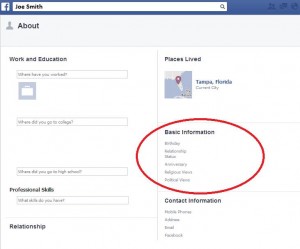What Great Managers Do Differently
We have all had that one boss – the one who is exhausting to work for, who can never be pleased and who generally makes you hate your job even if it is something that you are passionate about. It happens to the best of us and the only thing we can all do is learn. In life, it is just as important to learn what not to do as it is to learn what to do.
We wanted to share with you a list of 5 things that great managers do differently. At Employer Solutions Plus, we are experts at hiring great people, so we know what differentiates a fantastic manager!
- Believe. Great managers believe in their employees. Believing in your employees means being confident in their abilities and trusting them. You know that when they make decisions they will be making the ones that are in the best interest of the company. By believing in your employees, they will believe in you as a leader.
- Empower. They empower their employees. Giving them the authority to act independently and grow as a leader will ensure that you succeed. It will also remove obstacles for your clients – by giving the authority to your team, you will ensure more fluidity in operations.
- Advance. They promote from within. You groom your employees for success and advancement. Do not see them as a threat – they go up, you go up – everyone wins. Being a manager with stagnant employee growth is a direct reflection on you!
- Develop. They give their employees development opportunities. Personal and professional development will help your employees grow and achieve. Identify programs that would be beneficial for them to participate in and make it happen. They will be better employees if you do!
- Engage. They stay engaged. Just because you have a well-oiled machine for a department doesn’t mean that you should disengage. Be involved and stay involved. Whether it is periodic check-ins or happy hours or working lunches, be present and engaged. This helps with communication and team camaraderie.
Looking to build a team of great managers? We can help you! Contact us today to find out how.










